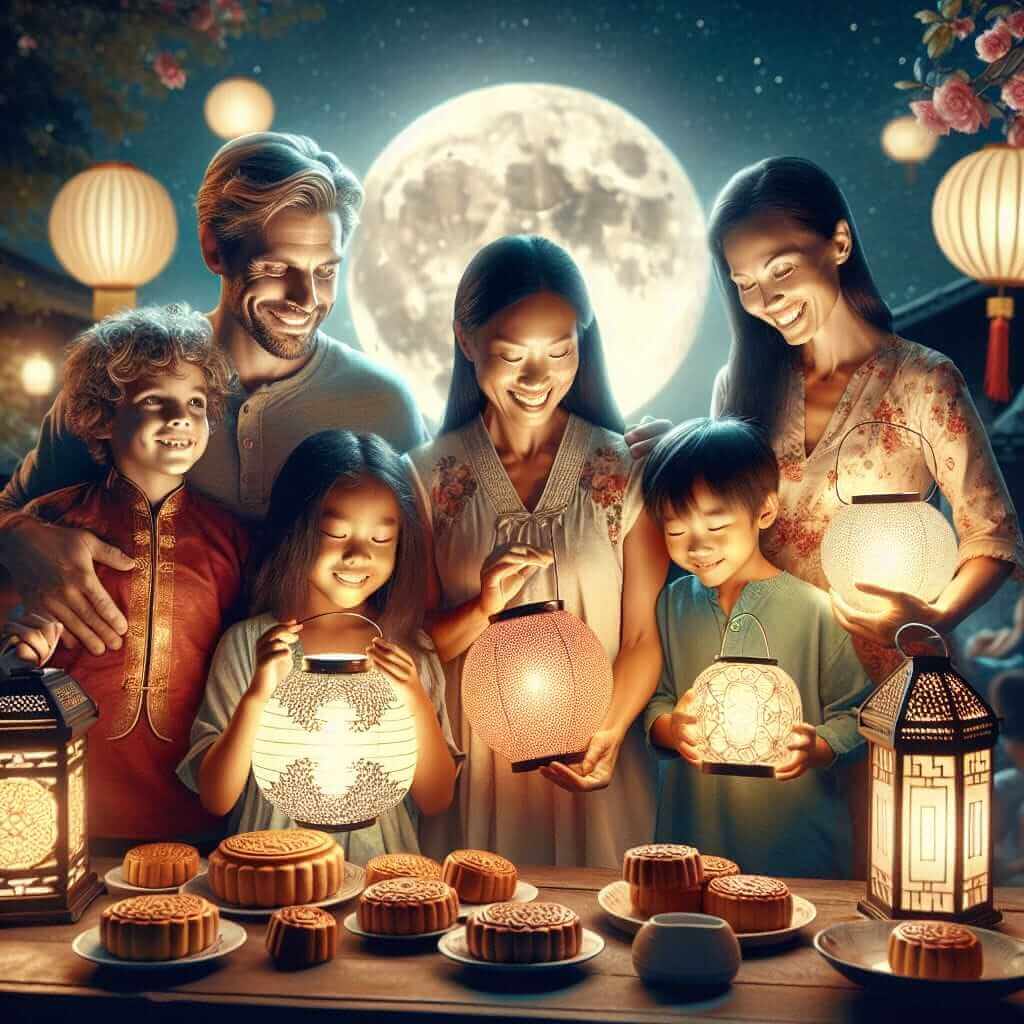The IELTS Speaking test evaluates a candidate’s ability to communicate clearly and effectively in English. The test is divided into three parts: Part 1 (Introduction and Interview), Part 2 (Long Turn), and Part 3 (Two-way Discussion). An IELTS examiner looks for coherence, fluency, pronunciation, grammar, vocabulary, and task achievement when evaluating your performance. One common topic for the speaking exam is “Describe an important tradition in your culture that is changing.” This guide will provide sample answers, tips, and strategies to help you excel.
Part 1: Introduction and Interview
Typical Questions
- What is a traditional festival in your country?
- Can you describe a traditional custom that people in your country follow?
- How often do you participate in this tradition?
- Why do you think traditions are important?
Sample Answer
Question: What is a traditional festival in your country?
“In my country, one of the most celebrated traditional festivals is the Tet New Year festival. It is a time when families gather to welcome the new year with various customs, including offering food to ancestors, giving lucky money to children and the elderly, and preparing traditional dishes like Banh Chung. Tet is of great significance as it symbolizes new beginnings and hopes for prosperity.”
Part 2: Long Turn
Cue Card
Describe an important tradition in your culture that is changing. You should say:
- What the tradition is
- How it is changing
- Why it is changing
- And explain how you feel about this change
Sample Answer
“One of the most important traditions in my culture is the Mid-Autumn Festival. Traditionally, it is a time when families gather to admire the bright full moon, perform lion dances, and enjoy mooncakes. However, this tradition has been changing significantly over recent years.
Firstly, there has been a shift from homemade mooncakes to commercially produced versions. This change is primarily due to the hectic modern lifestyle that leaves people less time for traditional cooking. Additionally, urbanization has made it difficult to perform lion dances as people now live in smaller apartments, rather than houses with large courtyards.
Moreover, the younger generation is less interested in traditional festivals and more inclined towards modern entertainment like digital games and social media. This change is also influenced by globalization, which introduces them to different cultures and practices.
I feel somewhat ambivalent about these changes. On one hand, it’s sad to see the traditional methods and communal spirit dwindling. On the other hand, changes are inevitable, and some modern adaptations are making the festival more accessible to a broader audience. Ultimately, the essence of the festival—family bonding—remains, even if the practices evolve.“
Follow-up Questions
- Do you think traditions change more in cities or in rural areas? Why?
- How do you think the government can help preserve important traditions?
Sample Follow-up Answers
Question: Do you think traditions change more in cities or in rural areas? Why?
“Traditions tend to change more in cities due to the fast-paced lifestyle and higher exposure to diverse cultures. Urban settings often prioritize convenience, leading to a shift from traditional to modern practices. For example, in rural areas, lion dances are still performed, while in cities, they are often replaced by televised performances.”
Question: How do you think the government can help preserve important traditions?
“The government can play a crucial role in preserving traditions by promoting cultural education in schools, organizing traditional festivals, and providing subsidies for cultural activities. Funding and support for traditional artisans also ensure that traditional crafts and ceremonies can continue to be practiced.”
Part 3: Two-way Discussion
Discussing Broader Themes
- Why do traditions matter to societal identity?
- What impact does globalization have on local traditions?
- Can you think of any traditions that have disappeared over time?
Sample Answers
Question: Why do traditions matter to societal identity?
“Traditions play a vital role in shaping societal identity by fostering a sense of belonging and continuity. They serve as a cultural link between the past and the present, helping individuals connect with their heritage and community values.”
Question: What impact does globalization have on local traditions?
“Globalization introduces new cultural practices and ideas, which can lead to the erosion of local traditions. However, it also creates opportunities for cultural exchange and enrichment. For instance, traditional festivals might incorporate elements from other cultures, making them more inclusive.”
Question: Can you think of any traditions that have disappeared over time?
“One tradition that has largely disappeared is the village communal feast during harvest festivals. Modern agricultural practices and urban migration have made such communal activities less feasible. Nowadays, celebrations are more individualistic and often centered around nuclear families.”
Essential Vocabulary and Phrases
- Heritage /ˈherɪtɪdʒ/: (Noun) – di sản
- Example: “Preserving cultural heritage is essential for maintaining a community’s identity.”
- Erosion /ɪˈroʊʒən/: (Noun) – sự xói mòn
- Example: “Globalization has led to the erosion of several traditional practices.”
- Continuity /kənˌtɪnjuˈɪti/: (Noun) – sự liên tục
- Example: “Traditions provide a sense of continuity and connection to our ancestors.”
- Urbanization /ˌərbənaɪˈzeɪʃən/: (Noun) – đô thị hóa
- Example: “Urbanization often leads to significant changes in traditional lifestyles.”
Advice for High Scores
To excel in the IELTS Speaking test, practice regularly by simulating exam conditions. Focus on:
- Fluency and Coherence: Practice speaking naturally without excessive pauses.
- Pronunciation: Work on clear articulation and intonation.
- Grammar and Vocabulary: Use a range of grammatical structures and appropriate, context-specific vocabulary.
- Practice with a Partner: Engage in discussions and get feedback.
Remember, consistency and practice are the keys to achieving a high score in the IELTS Speaking test.

By following these guidelines and practicing diligently, you’ll be well-prepared to describe an important tradition that is changing in your culture effectively and impressively. Good luck!